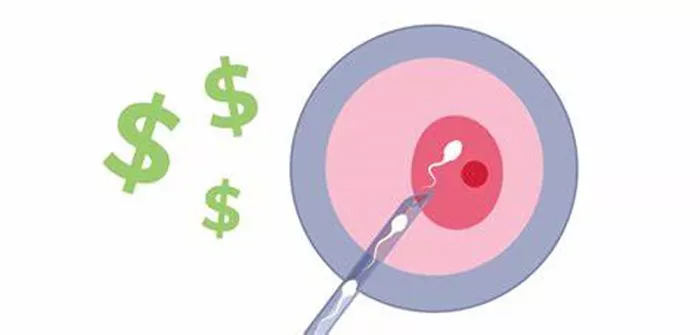Professor Sarah Robertson from the University of Adelaide has secured over $820,000 in funding to develop an innovative solution addressing a major challenge in in vitro fertilisation (IVF) – improving sperm quality to enhance fertilisation success rates.
Leading the Reproductive Immunology Group at the Robinson Research Institute, Professor Robertson will use the $820,607 grant awarded through the 2024 National Health and Medical Research Council (NHMRC) Development Grants to pursue this crucial research.
Professor Robertson explained that infertility affects one in six couples globally, with male infertility playing a significant role in many IVF cases. “Around half of couples undergoing IVF treatment face male infertility issues,” she said. “For successful fertilisation, healthy sperm with high DNA integrity is essential.”
Current sperm selection techniques for IVF primarily focus on sperm motility and morphology but fail to assess DNA integrity or developmental potential. This shortcoming, Robertson pointed out, leads to conception failures, repeated IVF cycles, and an over-reliance on costly and invasive procedures like intracytoplasmic sperm injection (ICSI). It also contributes to early pregnancy loss, obstetric complications, and long-term health risks for IVF-conceived children.
In response, Professor Robertson’s team is developing a cutting-edge device designed to improve sperm quality by mimicking natural biological processes. The device will use surface-engineered technology to purify sperm by targeting and removing those with damaged DNA, ensuring that only developmentally competent sperm are used in the IVF process.
“The technology will simplify the IVF pipeline, offering higher success rates by addressing a major barrier to creating quality embryos. Ultimately, it aims to improve pregnancy outcomes and the health of both parents and children resulting from IVF,” said Professor Robertson.
The device, which will incorporate specially coated surfaces capable of detecting specific biomolecules on sperm plasma membranes, will selectively capture sperm with compromised DNA, ensuring the use of high-quality sperm for fertilisation.
Professor Anton Middelberg, Deputy Vice-Chancellor (Research) at the University of Adelaide, commended the project, highlighting its potential to transform IVF procedures. “This is a pivotal project, not only for the University of Adelaide but also for the global IVF community,” he said. “Professor Robertson’s team is tackling a critical challenge faced by millions of couples undergoing IVF each year.”
The new technology is expected to be available for use in IVF laboratories within three to five years, marking a significant step forward in improving IVF success rates worldwide.
Related topics:
Actress Dayo Amusa Shares Inspiring Journey Through Infertility Struggles and Triumph
India’s Declining Fertility: A New Challenge for Economic Growth and Sustainability

























